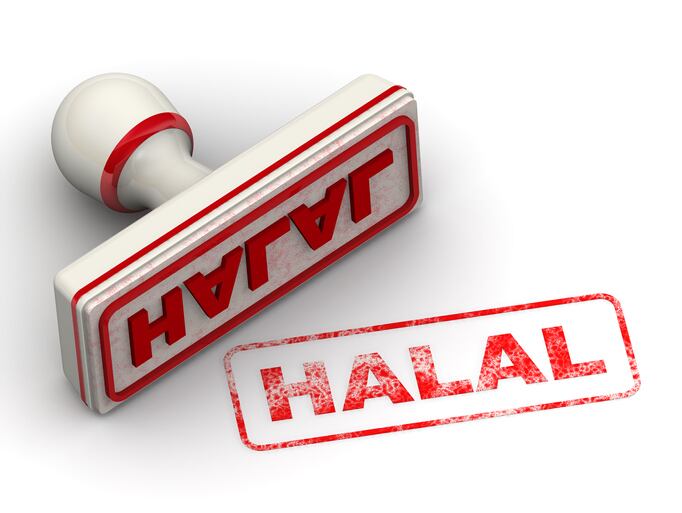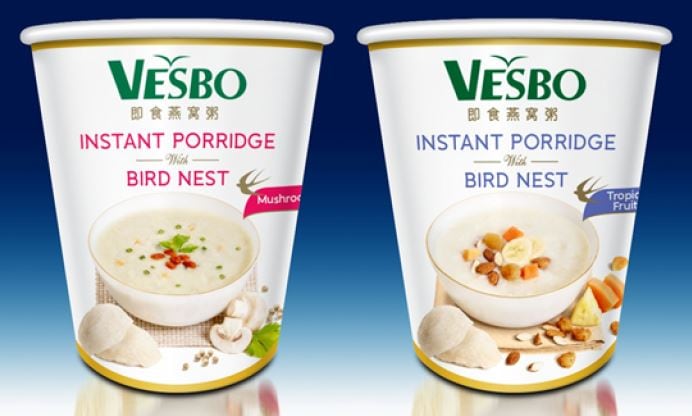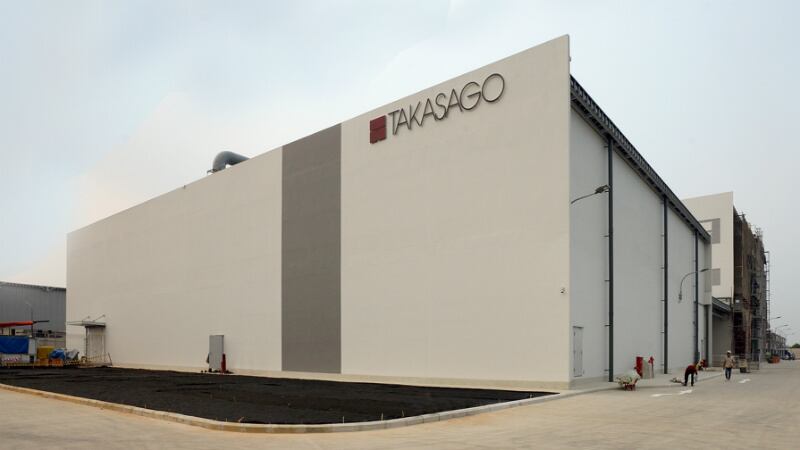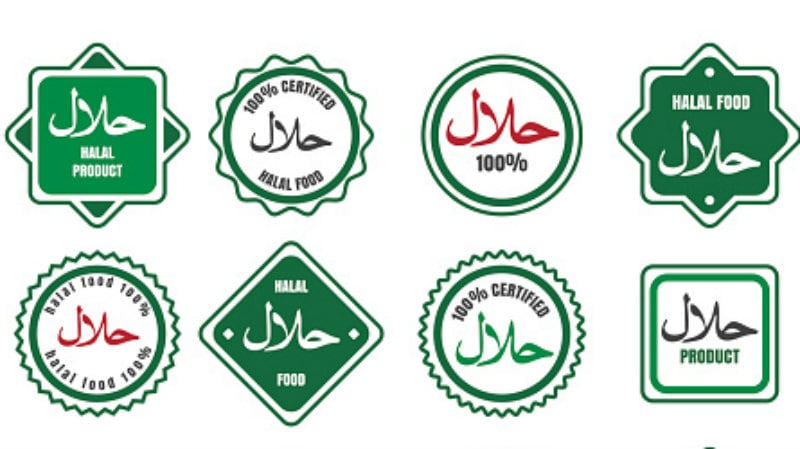According to the deputy agriculture and agro-based industry minister, Malaysia’s overall agro-food import bill amounted to MYR52bn ($12.5 billion) last year.
By contrast, the Halal Industry Development Corporation (HDC) has placed a value on halal food exports of MYR43.4bn in 2017.
“This is where I wish to see the government put in a lot more effort to develop our food industry so we can bring down the imports,” he said.
“Of our MYR50bn overall import bill, I can tell you it is overwhelmingly halal food. That’s something we need to address quickly. How? We need to develop our local SMEs.
“If we export MYR45bn of halal a year, more than 75% of it comes from multinationals, even though they manufacture just 10 per cent of it,” he added.
It would help if the 10 nations of the Association of Southeast Asian Nations trade bloc worked together to develop the region’s halal economy, but instead they each currently operate in silos.
Malaysia, with its halal experience, could take the lead in encouraging these countries to play to their strengths to develop a common strategy, said Jamil, who retired last year after 13 years at HDC, which he launched in 2006 as part of the government’s strategy to cash in on Muslim trade.
Malaysia could focus on its own expertise in certification, while Thailand, Southeast Asia’s bread basket, might put its emphasis on production. With its enormous Muslim population, Indonesia would also have a role in the process.
“We shouldn’t see our neighbours as competitors because the gap in the global halal market is so huge and no single country can fill up that gap,” said Jamil.
“If we work together, we can be major producers of halal to the world. Indonesia is the biggest halal consumer. If we have Asean countries working together as a single business unit, rather than individually, we can capitalise on this.”




